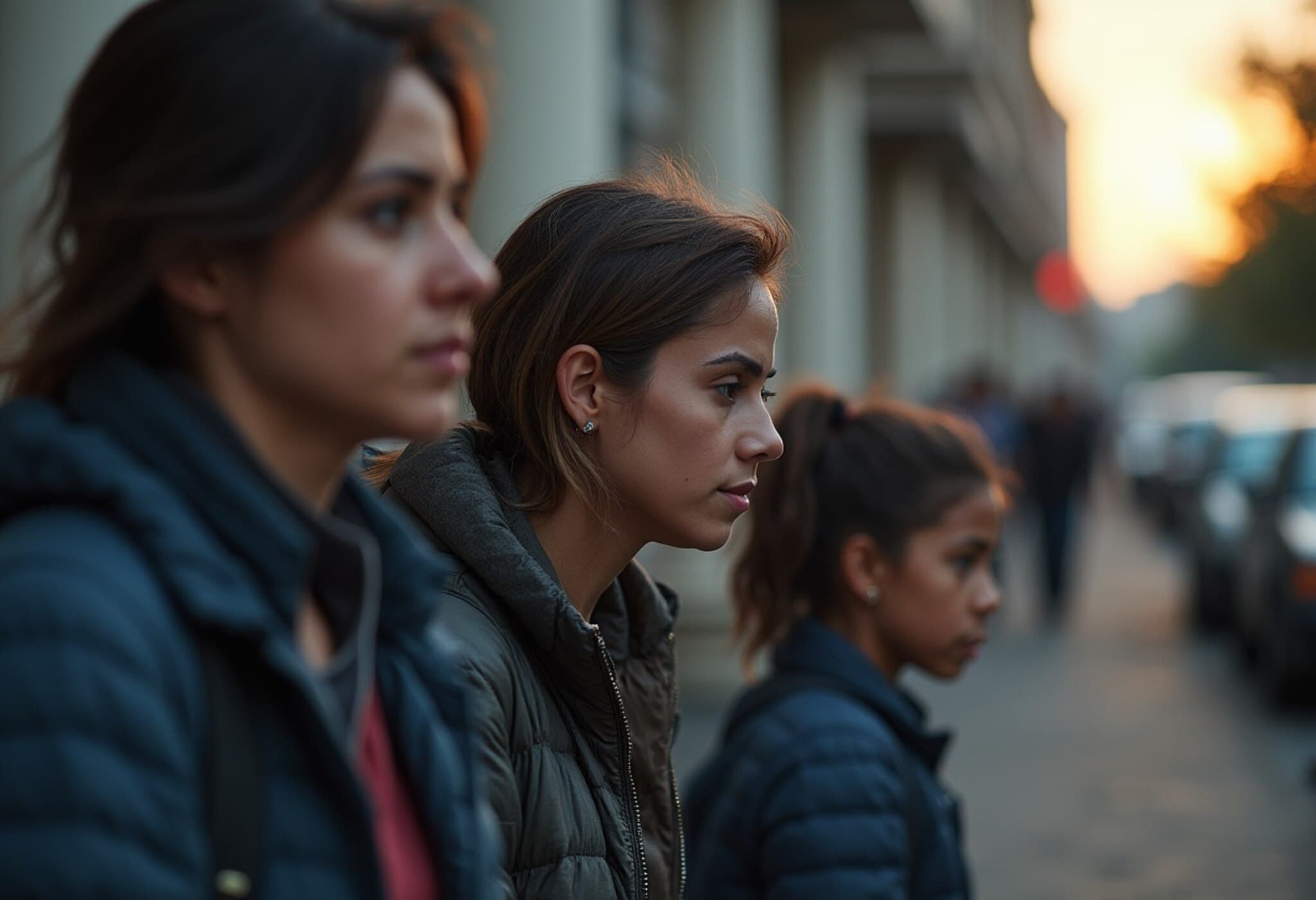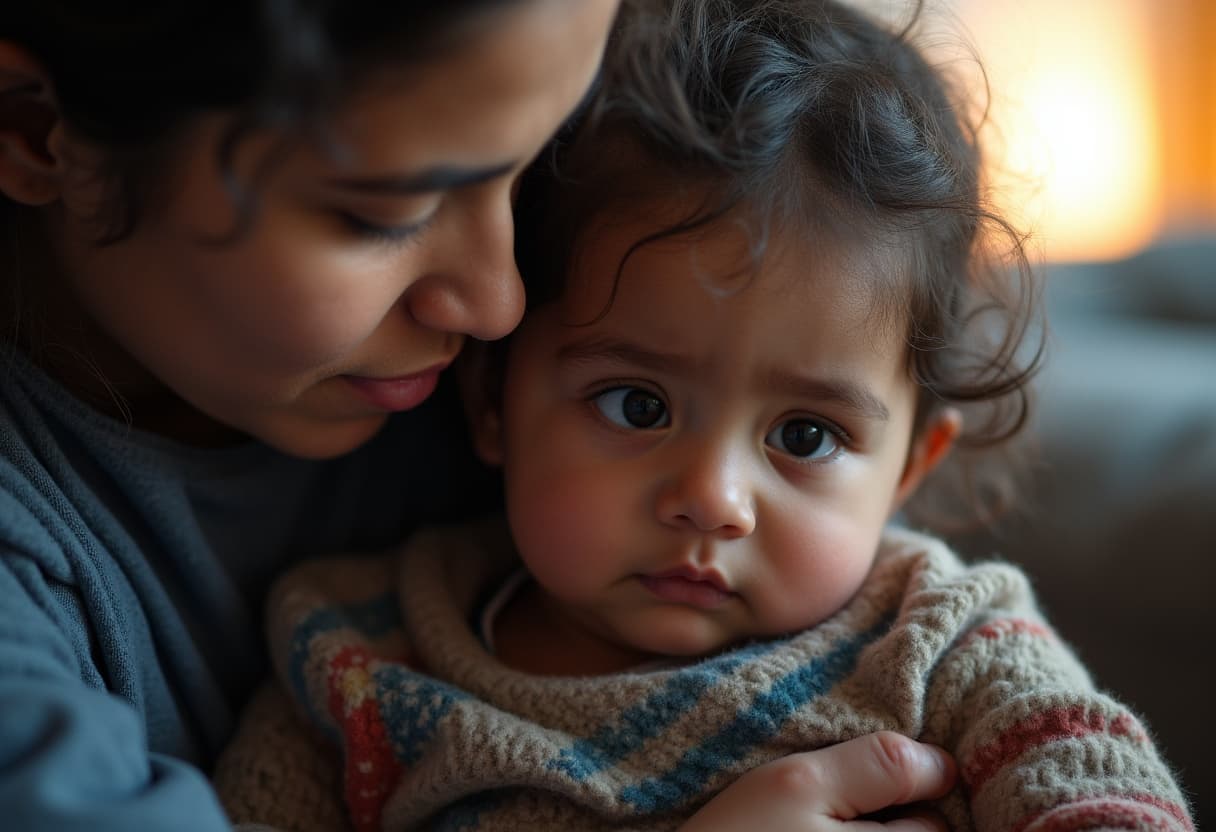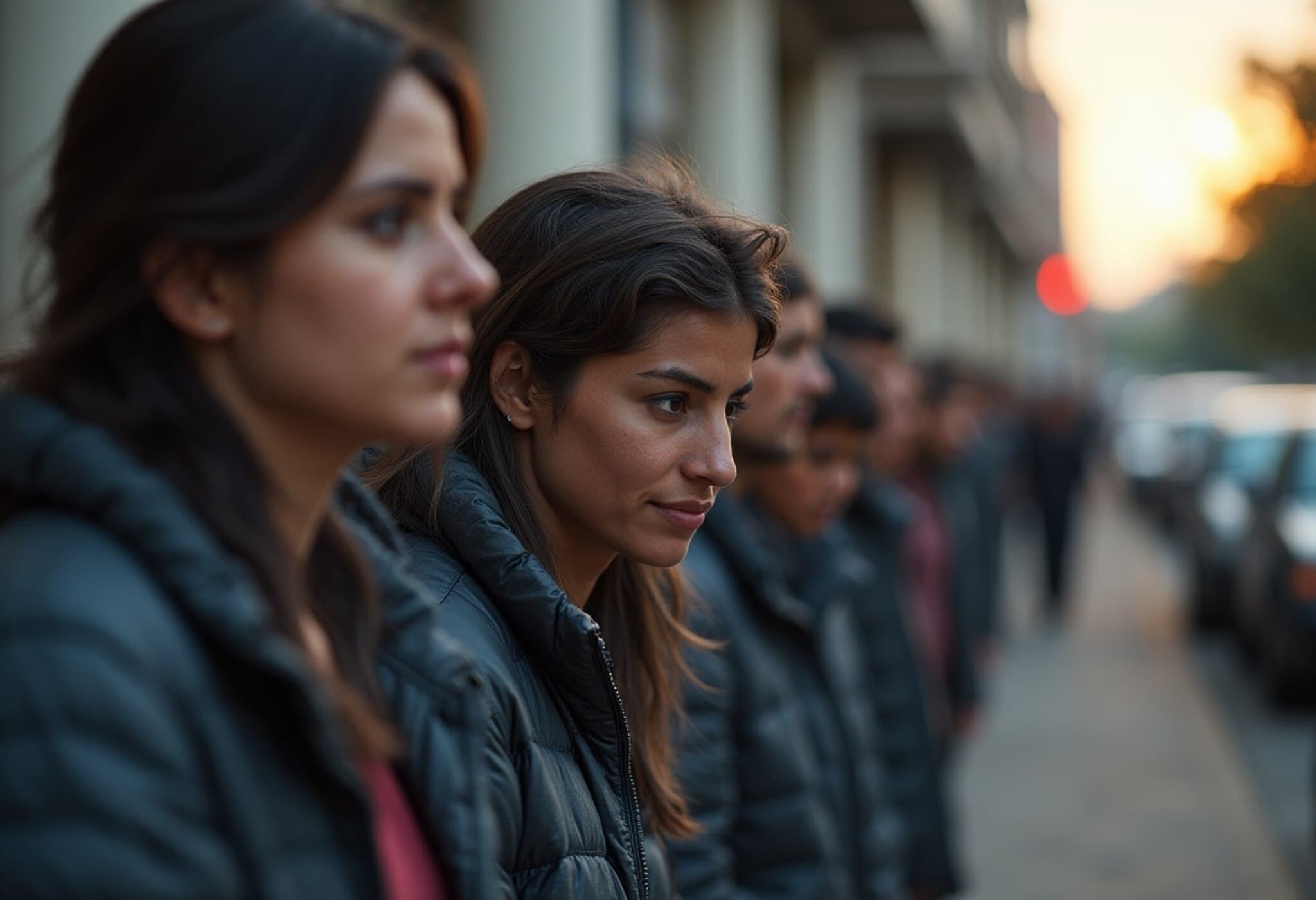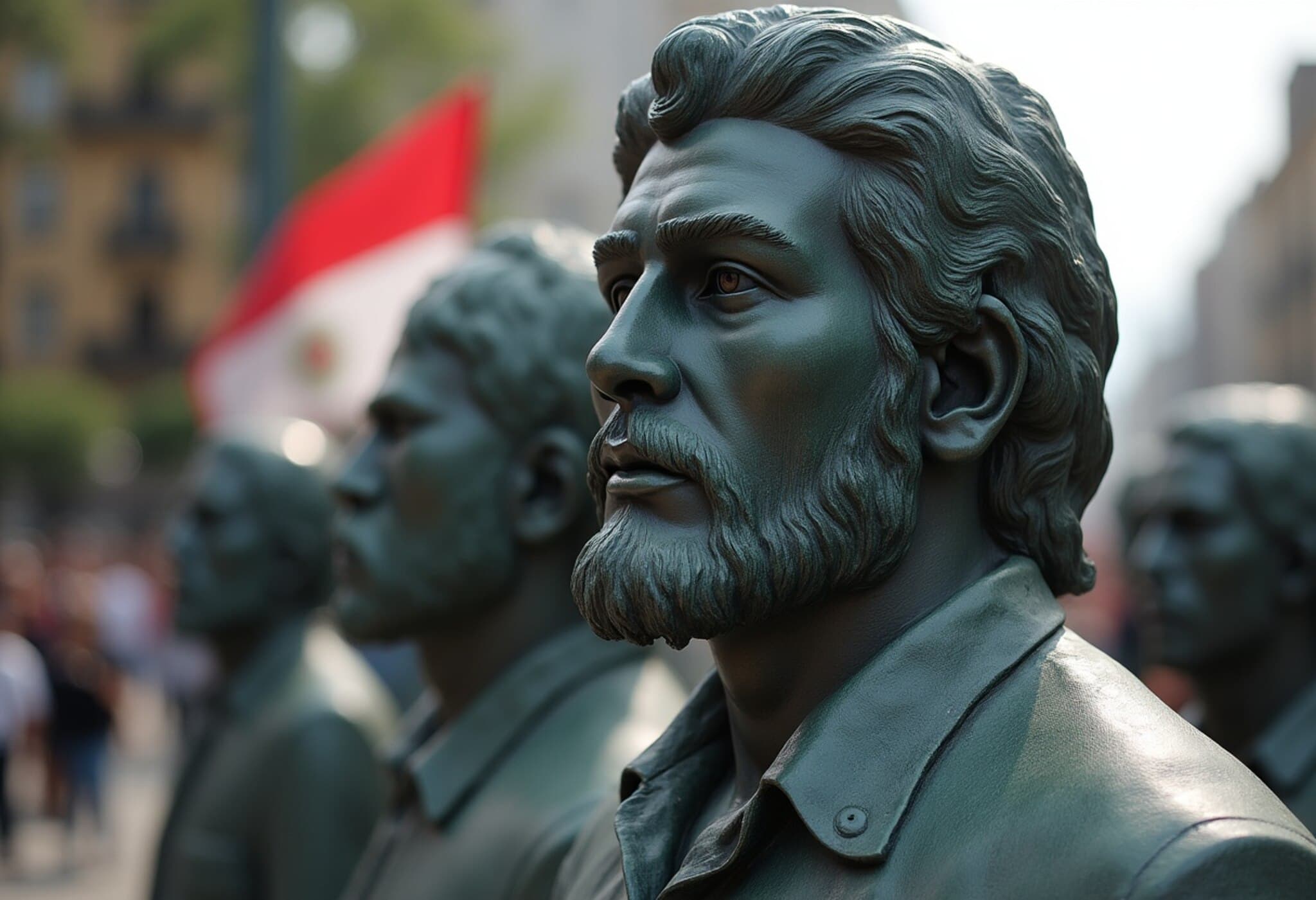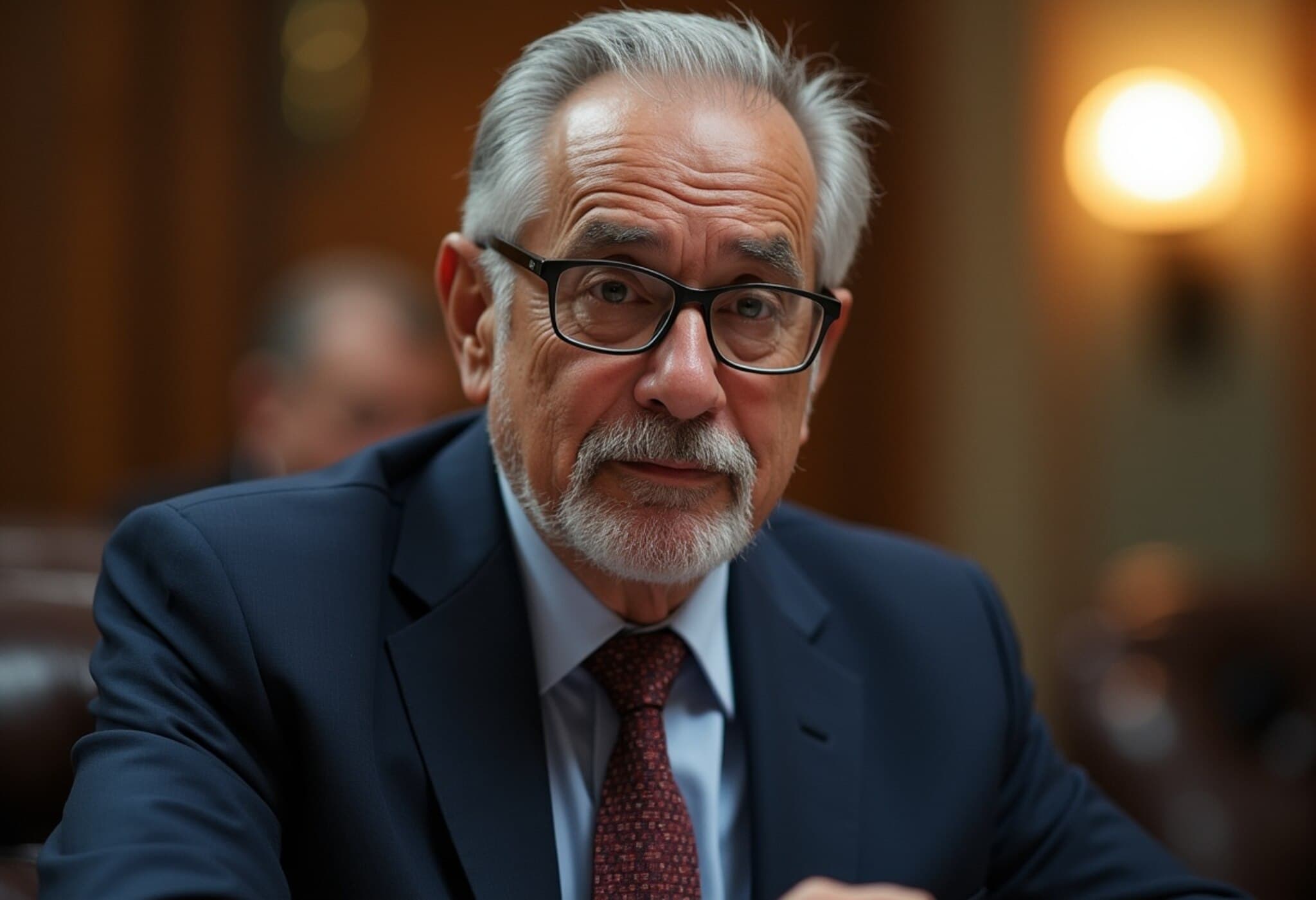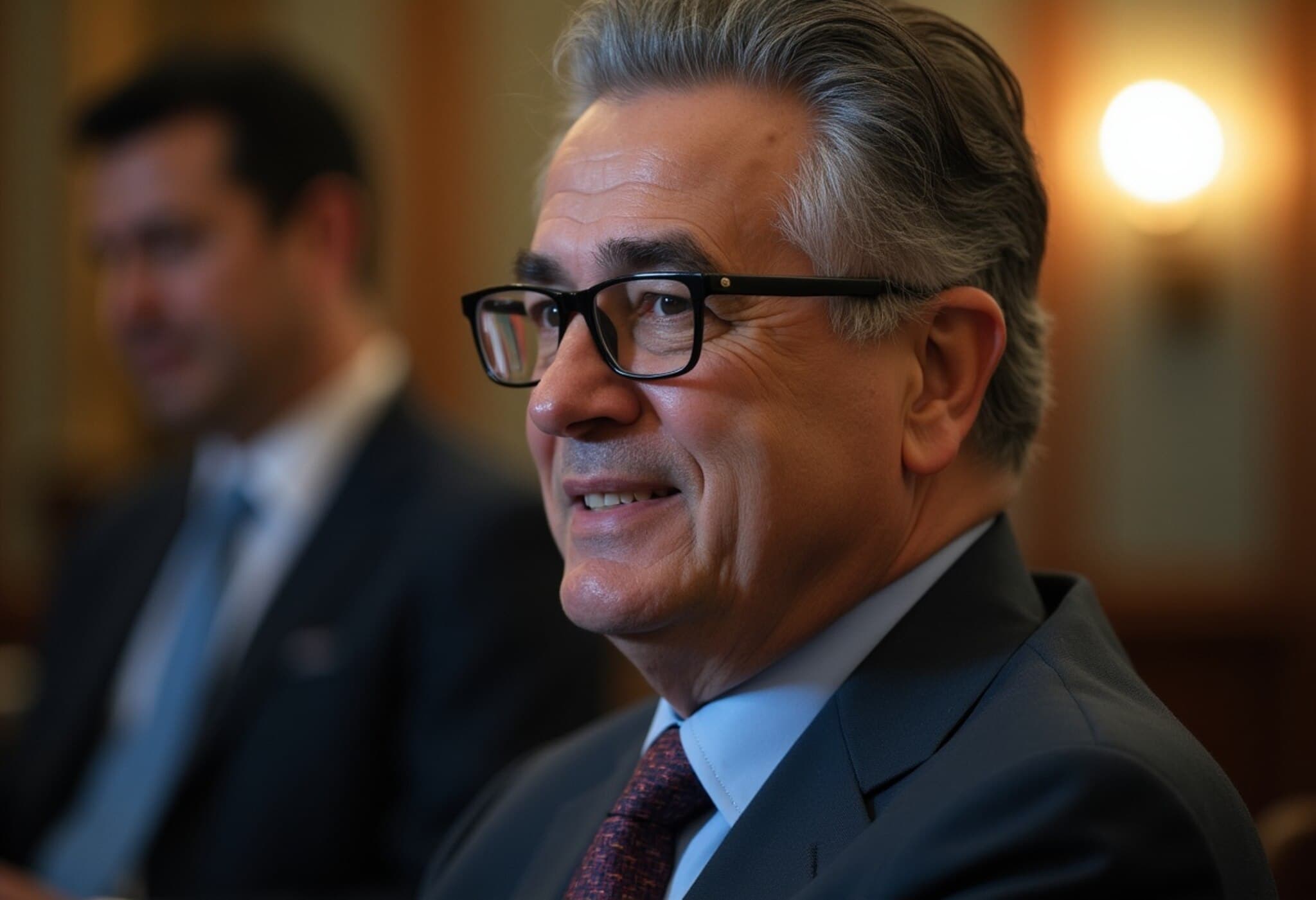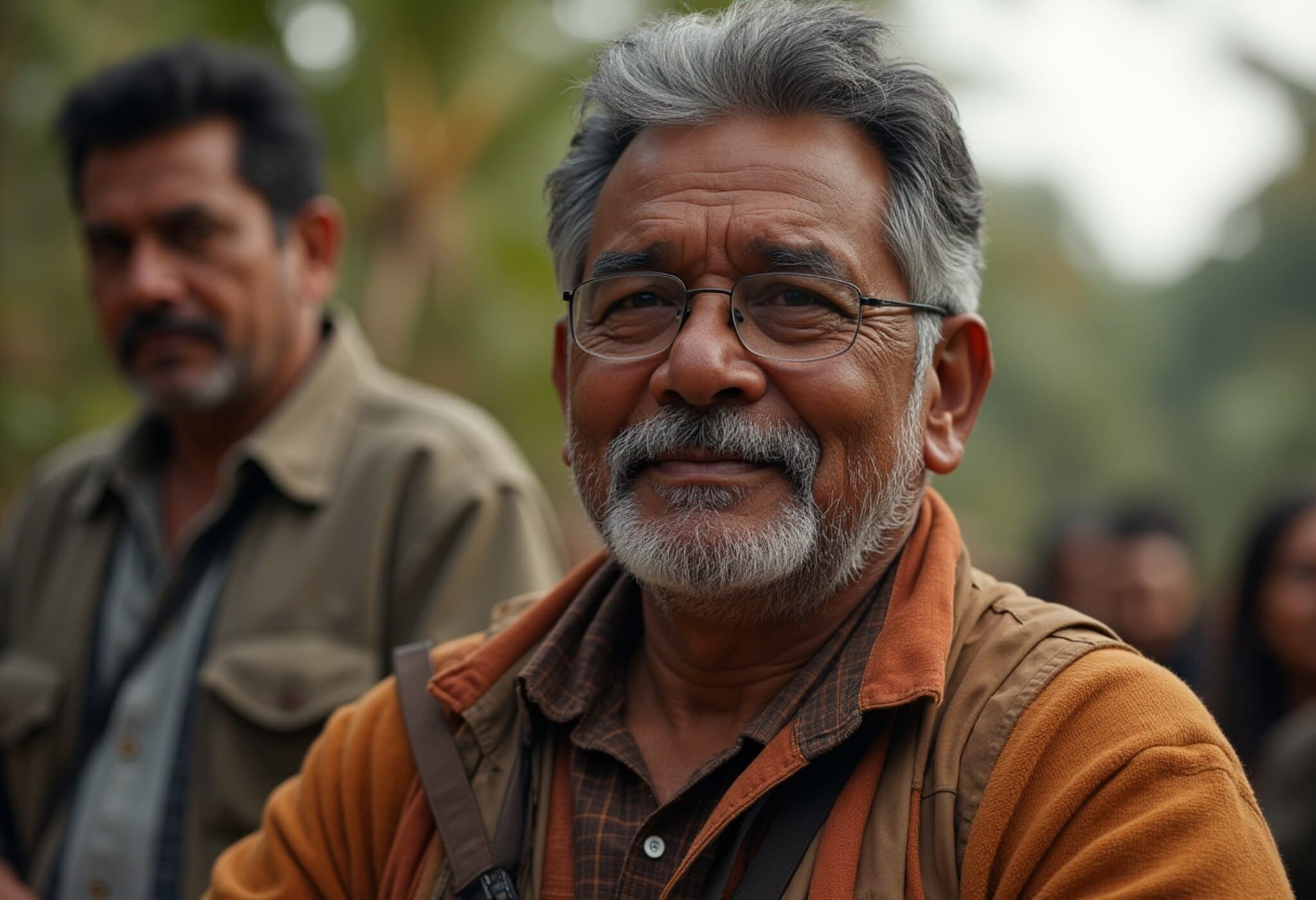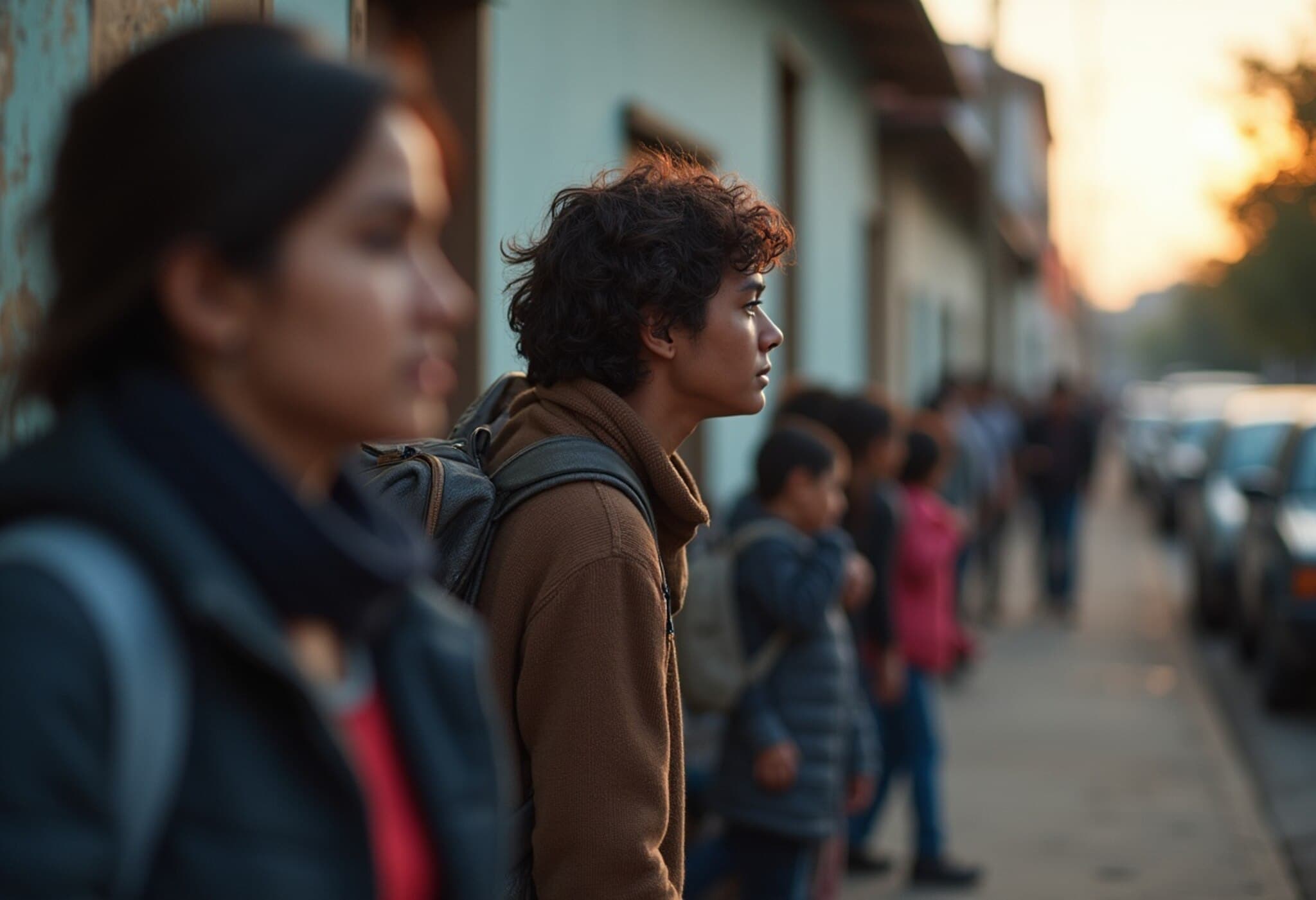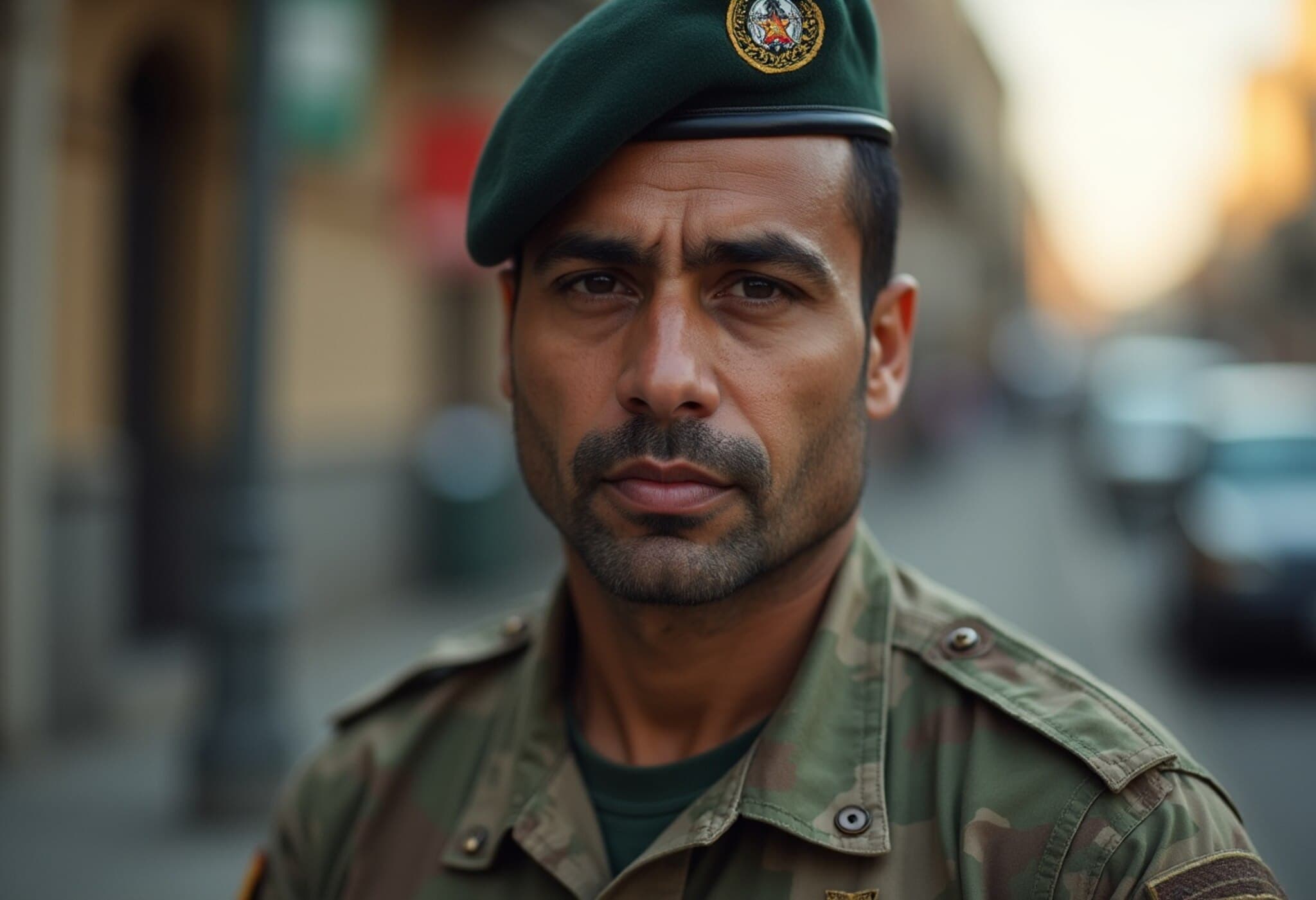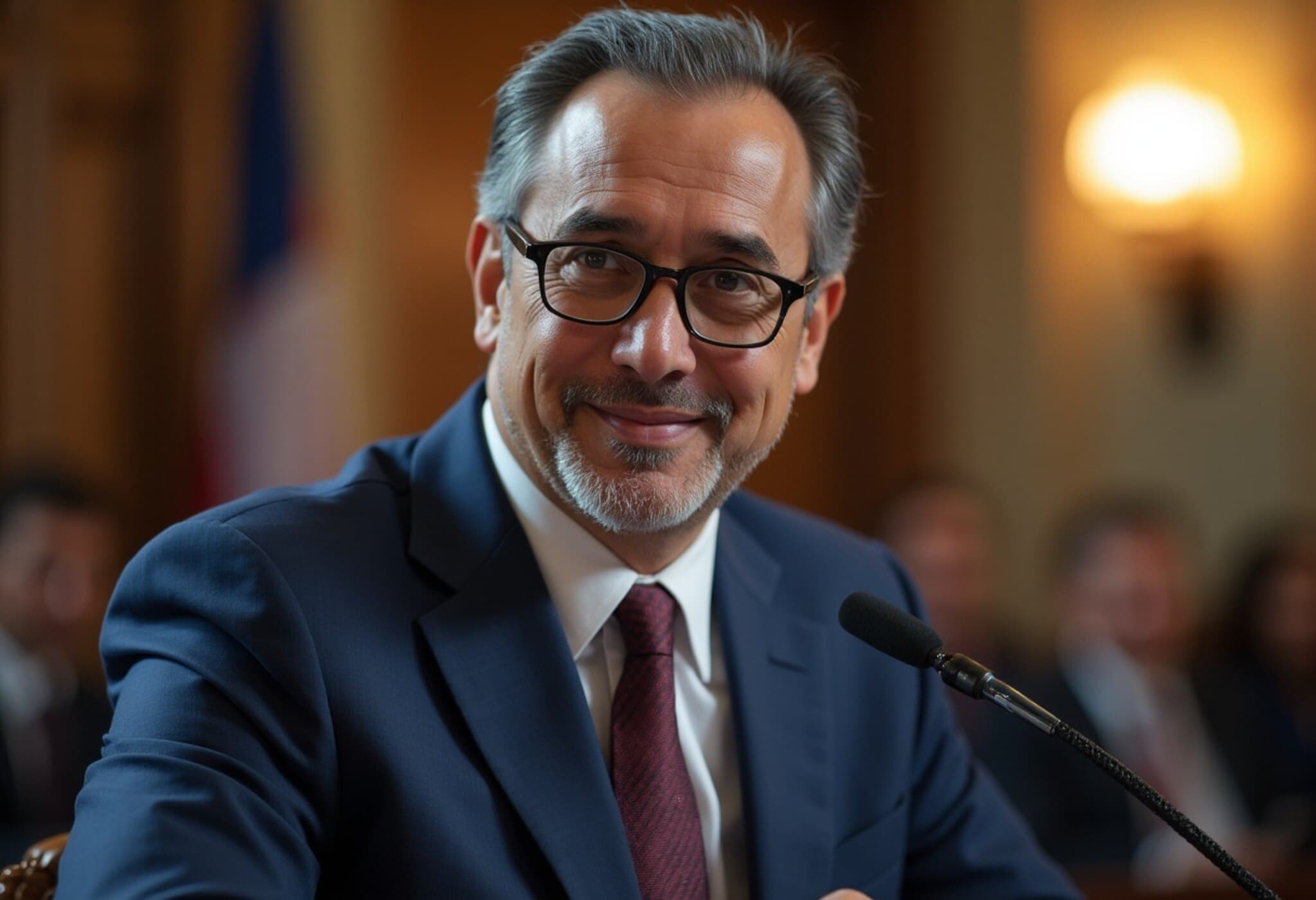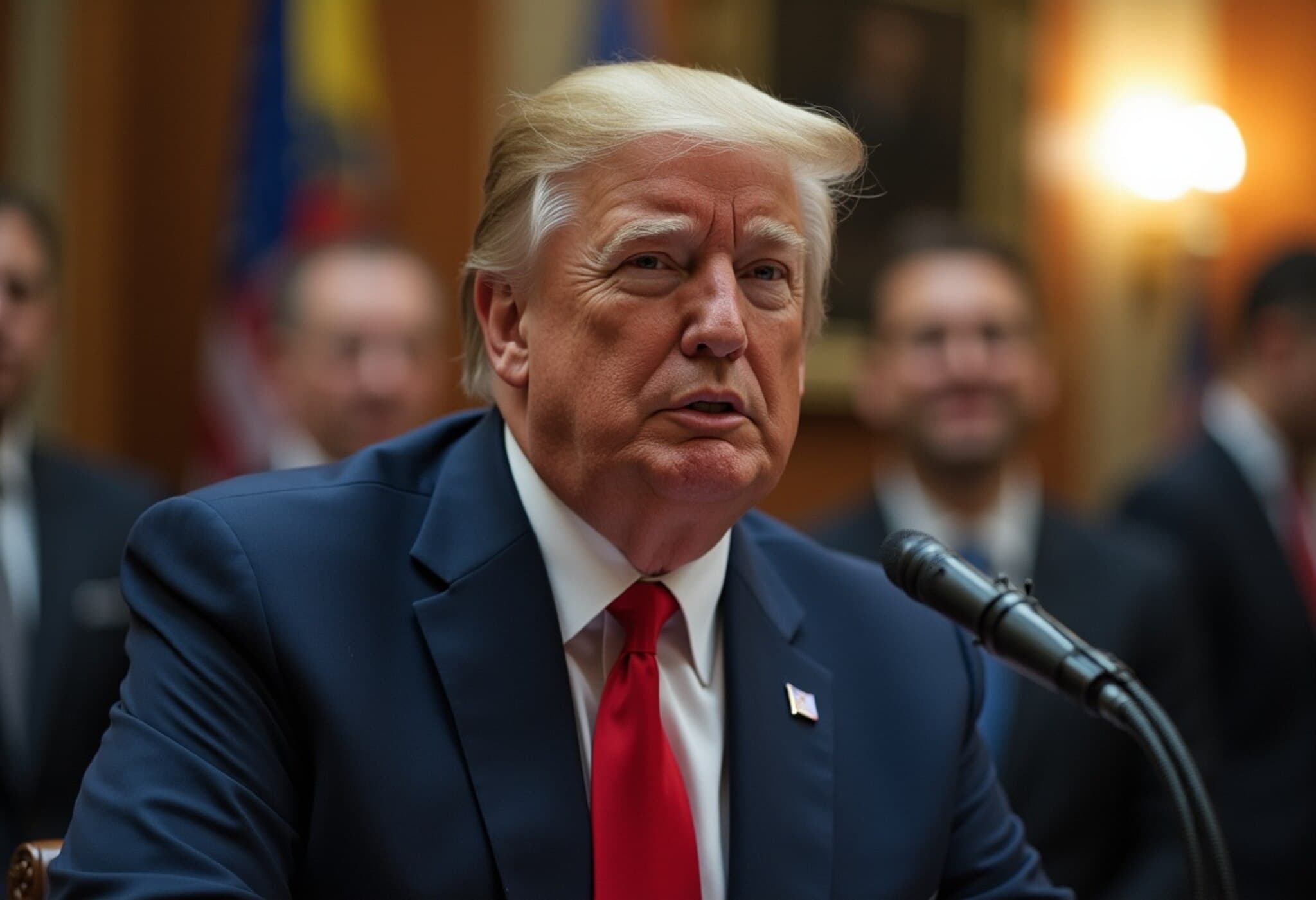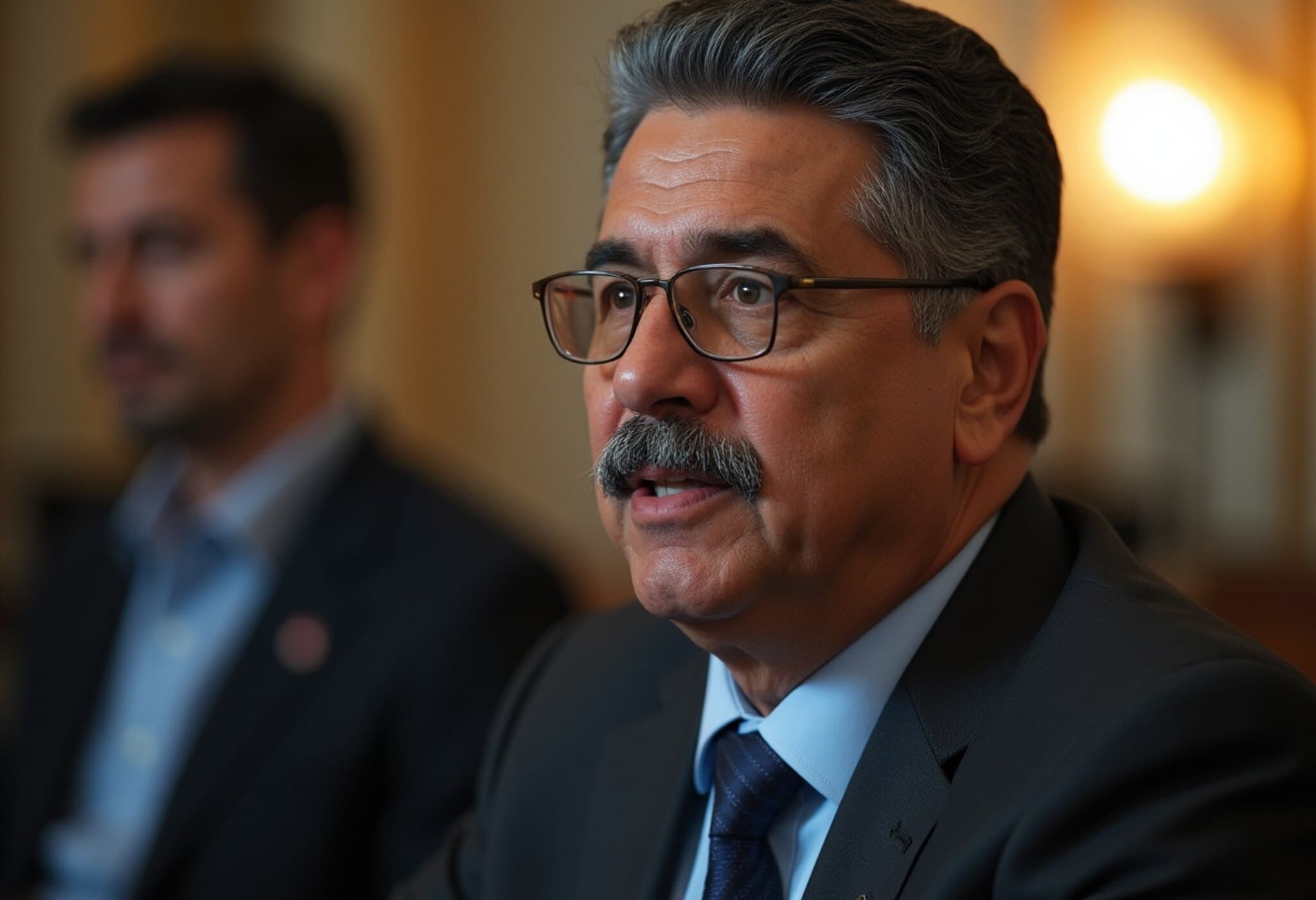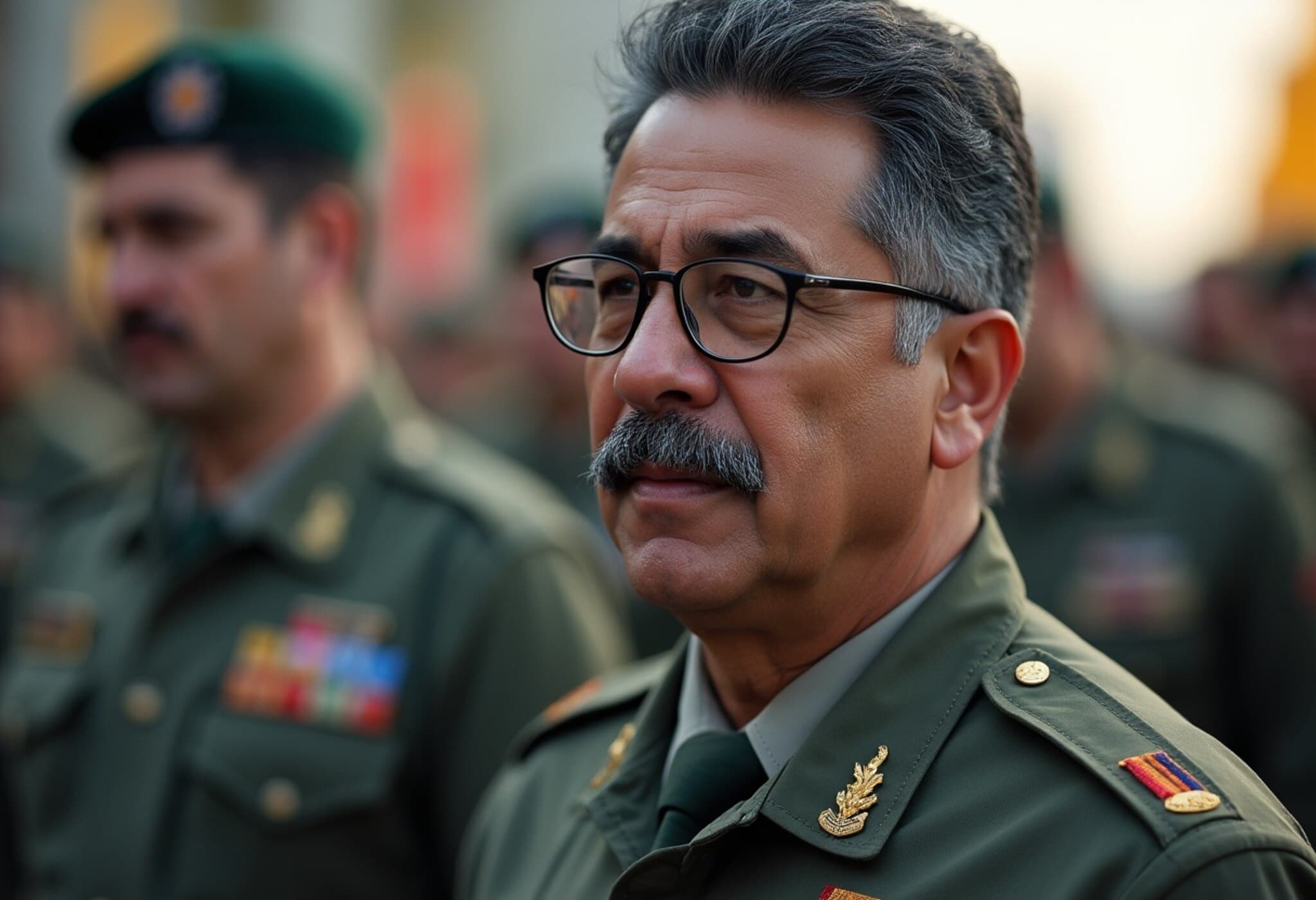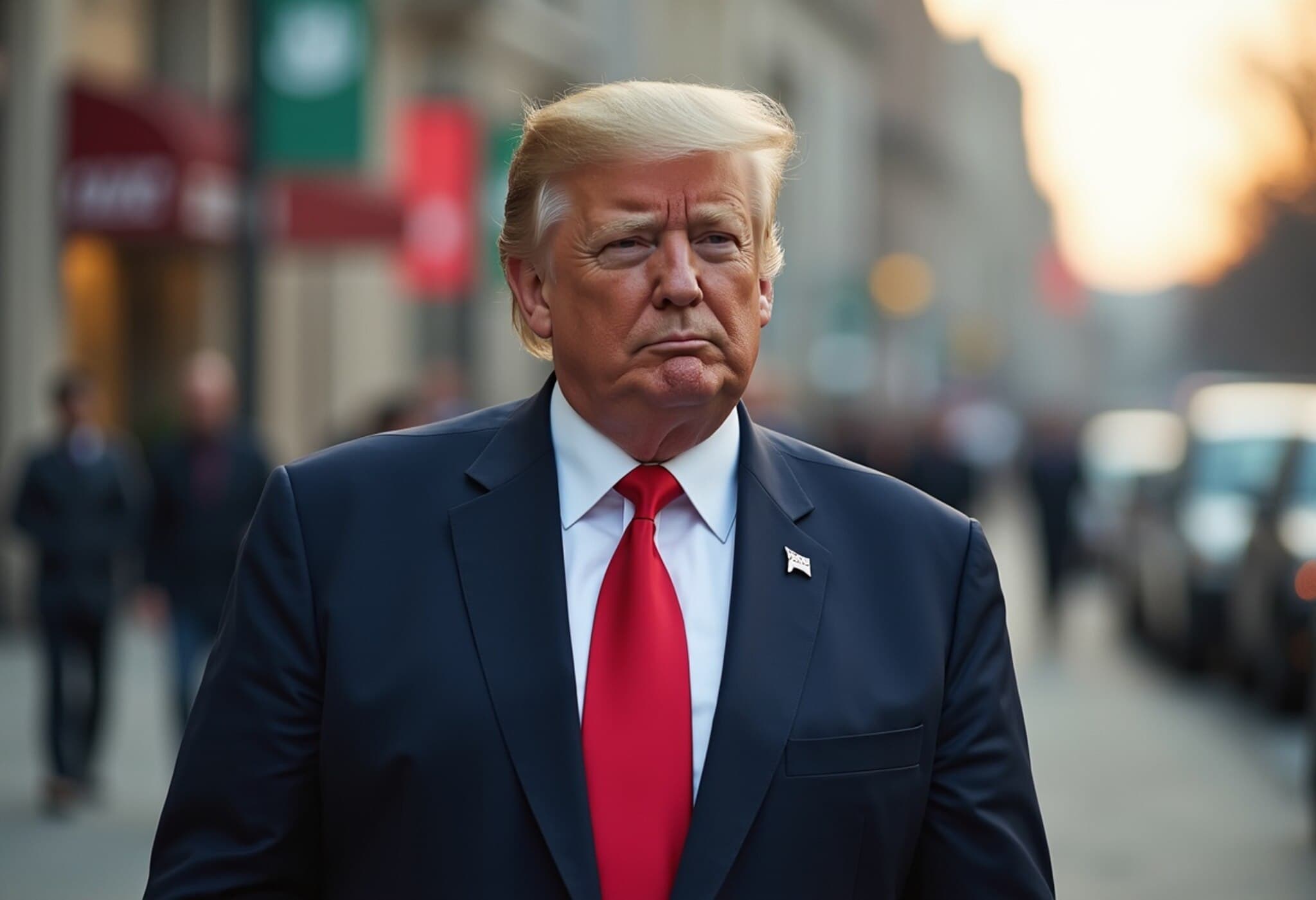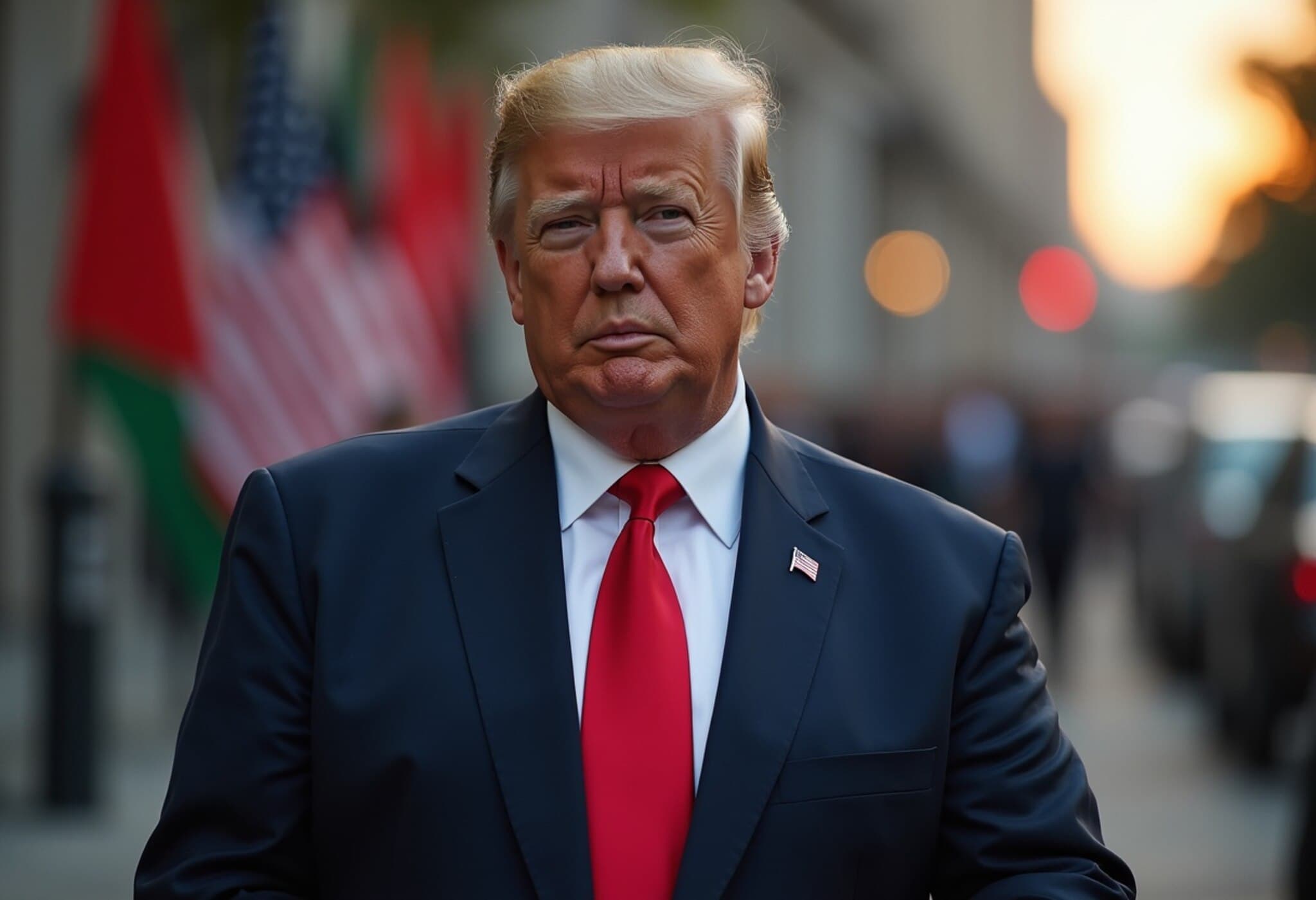Venezuela Releases Detained Americans in Historic Diplomatic Exchange
In a rare and complex three-way diplomatic agreement, Venezuela has freed 10 American citizens and permanent residents previously held in its prisons, in exchange for the repatriation of more than 250 Venezuelan migrants deported by the United States to El Salvador. This deal, finalized in July 2025, marks a significant diplomatic victory for Venezuelan President Nicolás Maduro and underscores ongoing geopolitical tensions involving migration, human rights, and U.S.-Latin America relations.
Key Players and Political Context
Salvadoran President Nayib Bukele, allied politically with former U.S. President Donald Trump, played a pivotal role in brokering the exchange. According to Bukele, El Salvador has handed over all Venezuelan nationals previously detained within its borders to Venezuelan authorities. Maduro described the day of the prisoner swap as "a day of blessings and good news for Venezuela," emphasizing its symbolic value for the embattled government.
The Migrants’ Ordeal in El Salvador’s Mega-Prison
Central to the agreement were 250-plus Venezuelan migrants who had been held in El Salvador’s Terrorism Confinement Center (CECOT), a notorious facility known internationally for its grim human rights record. After receiving $6 million from the Trump administration, El Salvador housed these migrants in CECOT under allegations that many were members of the gang Tren de Aragua. This claim, however, has never been substantiated with concrete evidence and faced legal challenges, including one that reached the U.S. Supreme Court.
Human rights organizations have reported widespread abuses in CECOT, including torture and deaths. Detainees have had limited access to legal representation, and conditions inside have been shrouded in secrecy, aside from government propaganda attempts depicting the prisoners.
Emotional Repatriation and Reports of Abuse
Upon arrival in Venezuela, many of the freed migrants displayed visible signs of relief—crossing themselves, shedding tears, and embracing loved ones. Maduro alleged that some suffered brutal mistreatment during their detention, citing at least one case where a man reportedly lost a kidney due to beatings sustained in CECOT.
These deeply personal stories, such as that of Andry Hernández Romero, highlight the human reality behind diplomatic negotiations. Hernández, a makeup artist apprehended by U.S. authorities near San Diego before being deported to El Salvador, was confirmed safe upon his return to Venezuela, as noted by U.S. Representative Robert Garcia.
American Detainees and Political Dimensions
The 10 U.S. citizens released, many of whom maintain their innocence, were arrested in Venezuela on charges the U.S. and human rights groups argue were politically motivated. Families describe their loved ones as innocent victims used as pawns amid the Maduro regime's crackdown on dissent. One detainee, Navy SEAL Wilbert Castenada, was falsely accused of plotting a coup and detained in Caracas under contentious circumstances.
Secretary of State Marco Rubio hailed the release in a statement, thanking Bukele and reiterating the administration’s commitment to bringing home all Americans unjustly imprisoned overseas.
Why This Deal Matters Beyond Borders
For Maduro, this prisoner swap is more than a humanitarian gesture—it represents a crucial political victory amid intensified international isolation and accusations of election fraud. Although the U.S. continues to recognize only the opposition-led National Assembly as Venezuela’s legitimate government, this deal illustrates a pragmatic moment of engagement across adversarial lines.
Moreover, the release helps Maduro shore up support at home by showcasing his government’s ability to secure the return of Venezuelans and negotiate with influential international actors despite widespread condemnation.
Broader Migration and Diplomatic Implications
Since 2013, Venezuela’s economic collapse has propelled over 7.7 million citizens to flee, with many seeking refuge in the Americas. The pandemic intensified migration flows, positioning the U.S. as a hoped-for destination for many. However, Trump-era immigration policies saw hundreds deported to El Salvador and other countries, often under contentious legal frameworks such as the Alien Enemies Act invoked to designate migrants as security threats.
This prisoner exchange sheds light on the human cost of such policies and highlights the tangled relationship between immigration enforcement and diplomatic strategy.
Continued U.S.-Venezuela Engagement Despite Tensions
Although the U.S. government refuses to recognize Maduro’s legitimacy, there have been other instances of prisoner negotiations. Earlier releases include a U.S. Air Force veteran detained for over six months and multiple Americans freed following high-level talks involving special envoys.
These exchanges underscore the complex realities where humanitarian concerns override political divides, yet challenges surrounding governance, rights abuses, and migration persist in the background.
Expert Commentary
From a policy perspective, this swap exemplifies how migration enforcement and foreign diplomacy intersect in unpredictable ways. It raises pressing questions about the ethical responsibilities of countries deporting potentially vulnerable migrants, the role of prisons like CECOT in human rights abuses, and the use of detainees as political leverage.
Legal experts warn that invoking archaic laws like the Alien Enemies Act without transparent evidence risks undermining due process and international norms. Meanwhile, this deal illustrates the pragmatic diplomacy sometimes required to resolve protracted human rights and immigration crises.
Looking Ahead
As the new releases settle back in their respective countries, attention now turns to how the U.S., Venezuela, and El Salvador will address broader systemic issues. Will this exchange open channels for constructive dialogue on migration and justice, or will it remain a transactional anomaly amid ongoing tensions? And critically, how will the international community hold countries accountable for safeguarding the rights and dignity of migrants and political detainees alike?
Editor’s Note
This unprecedented prisoner swap between Venezuela, the United States, and El Salvador exposes the entangled complexities of immigration policy, human rights, and geopolitical maneuvering. While it offers a moment of relief for the individuals involved, it also spotlights the perilous conditions migrants face and underscores the urgent need for transparent, humane, and lawful treatment of vulnerable populations amid political strife. As this story unfolds, we must ask not only about the diplomacy but about the enduring human costs buried beneath the headlines.

